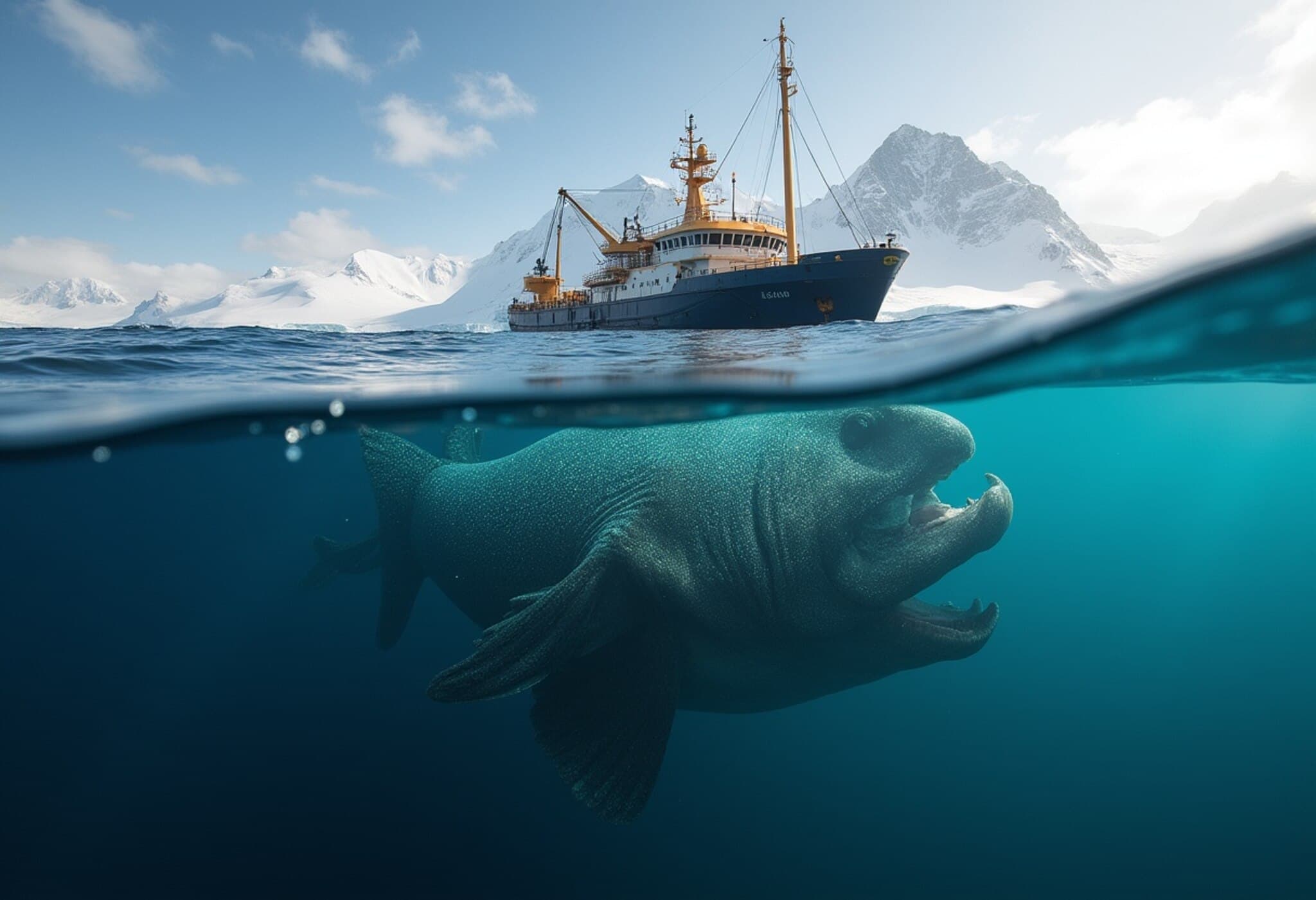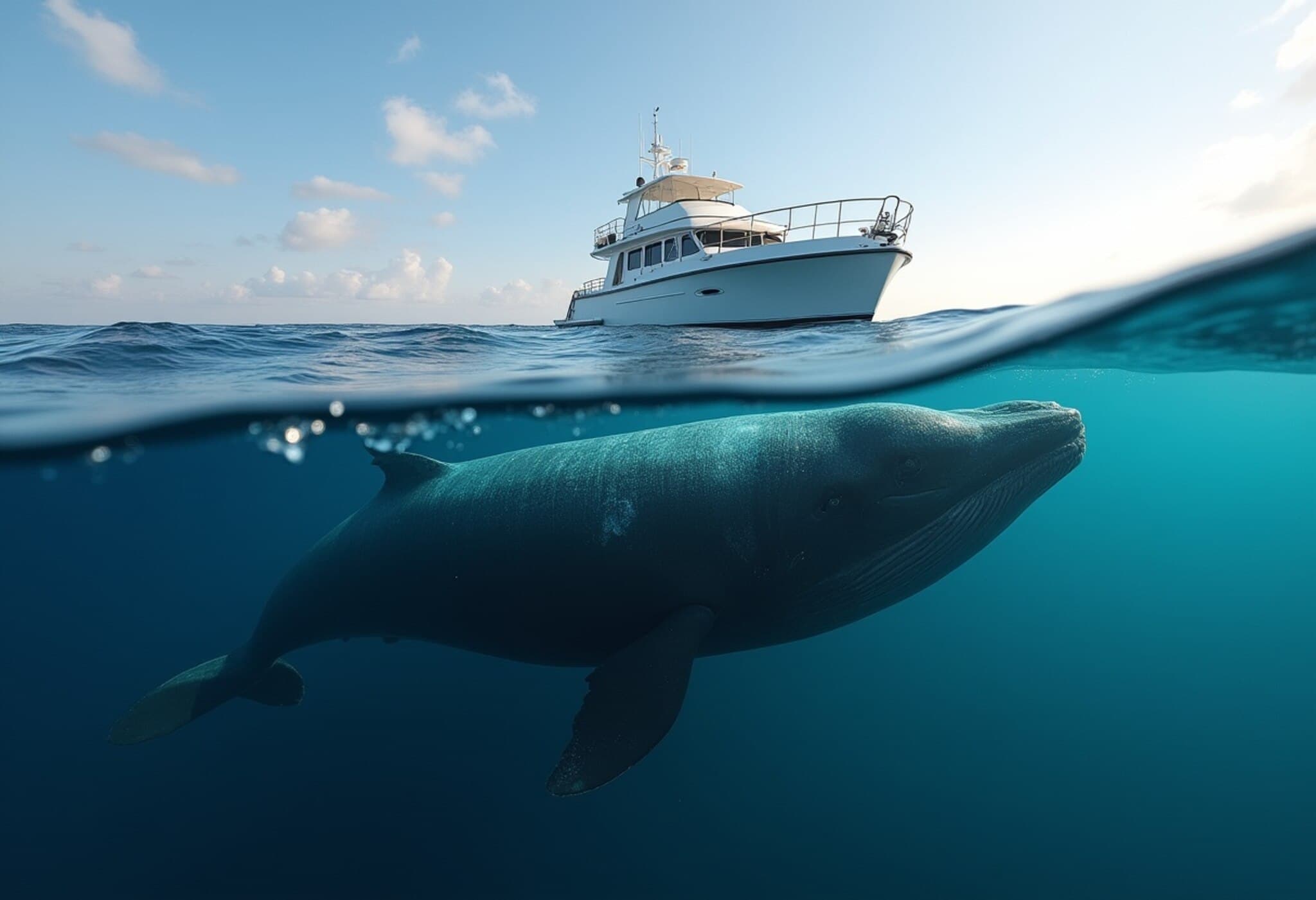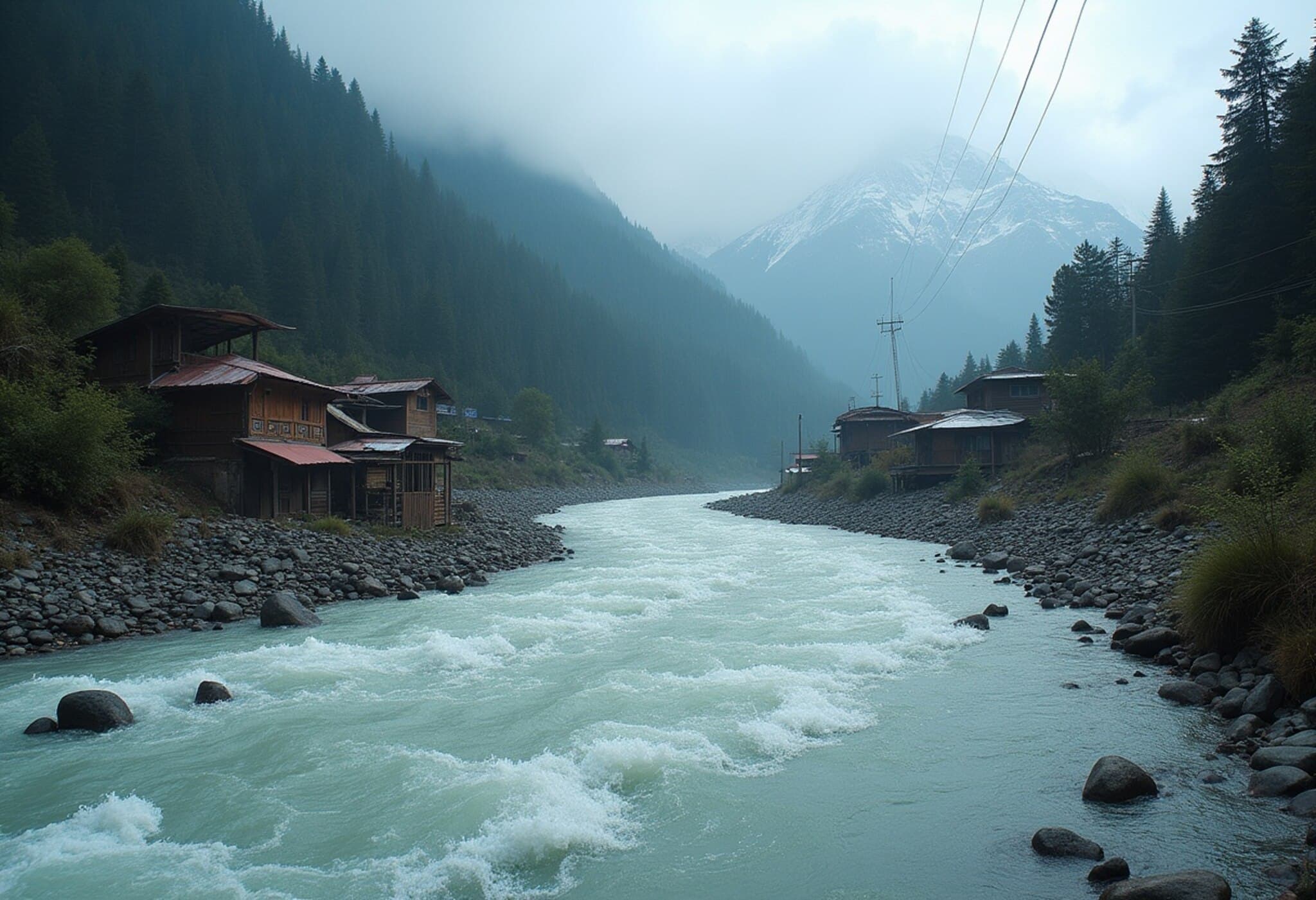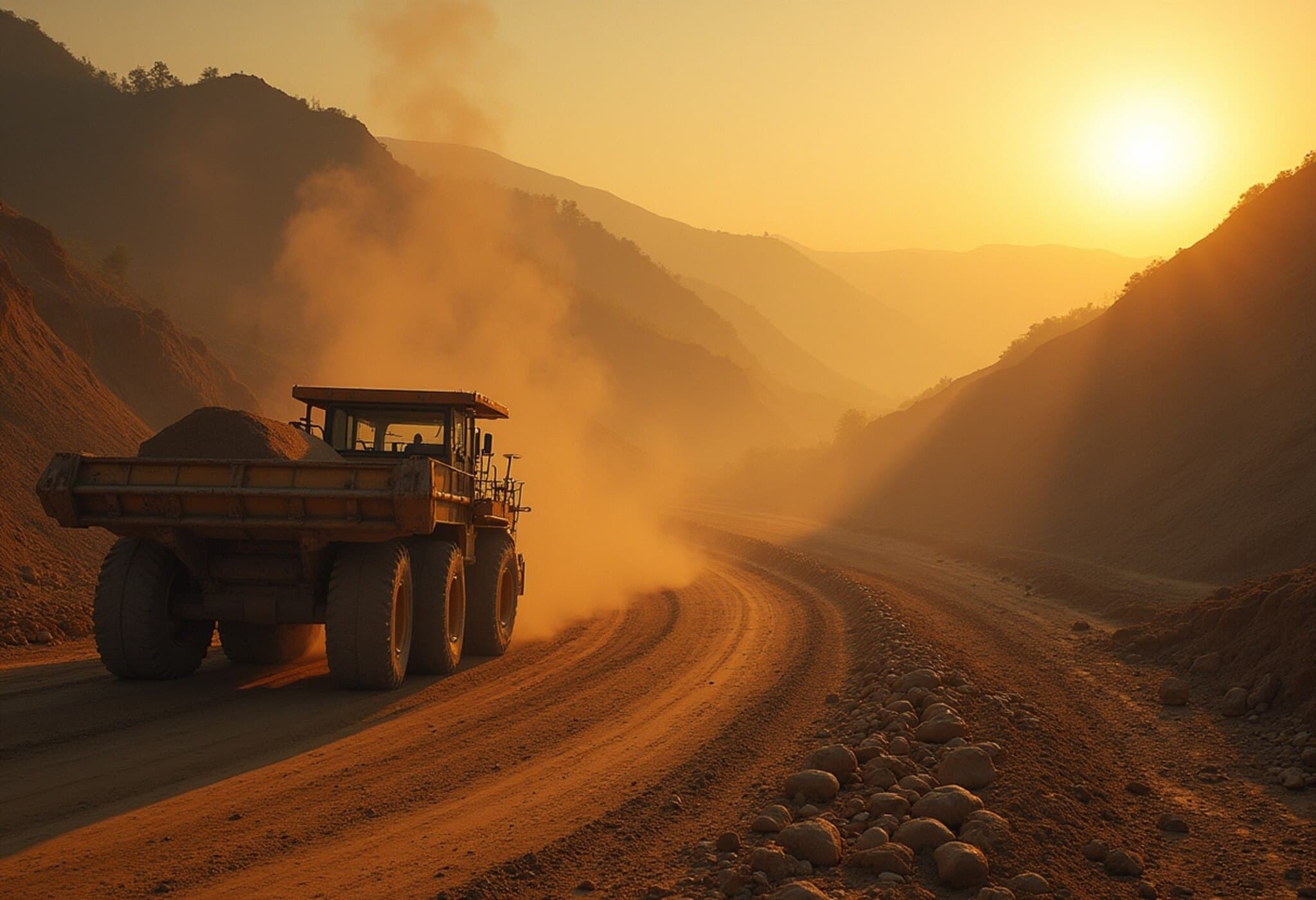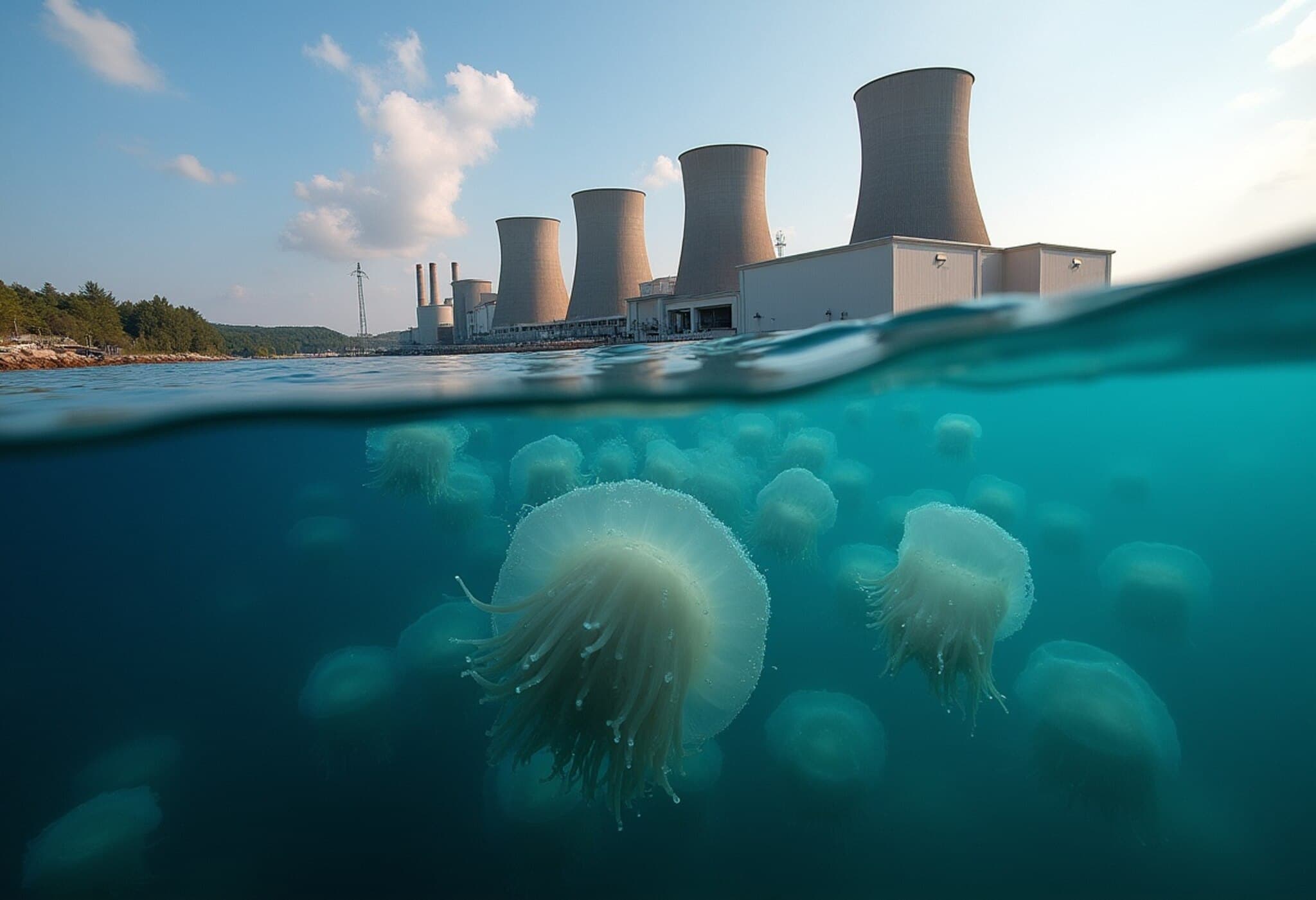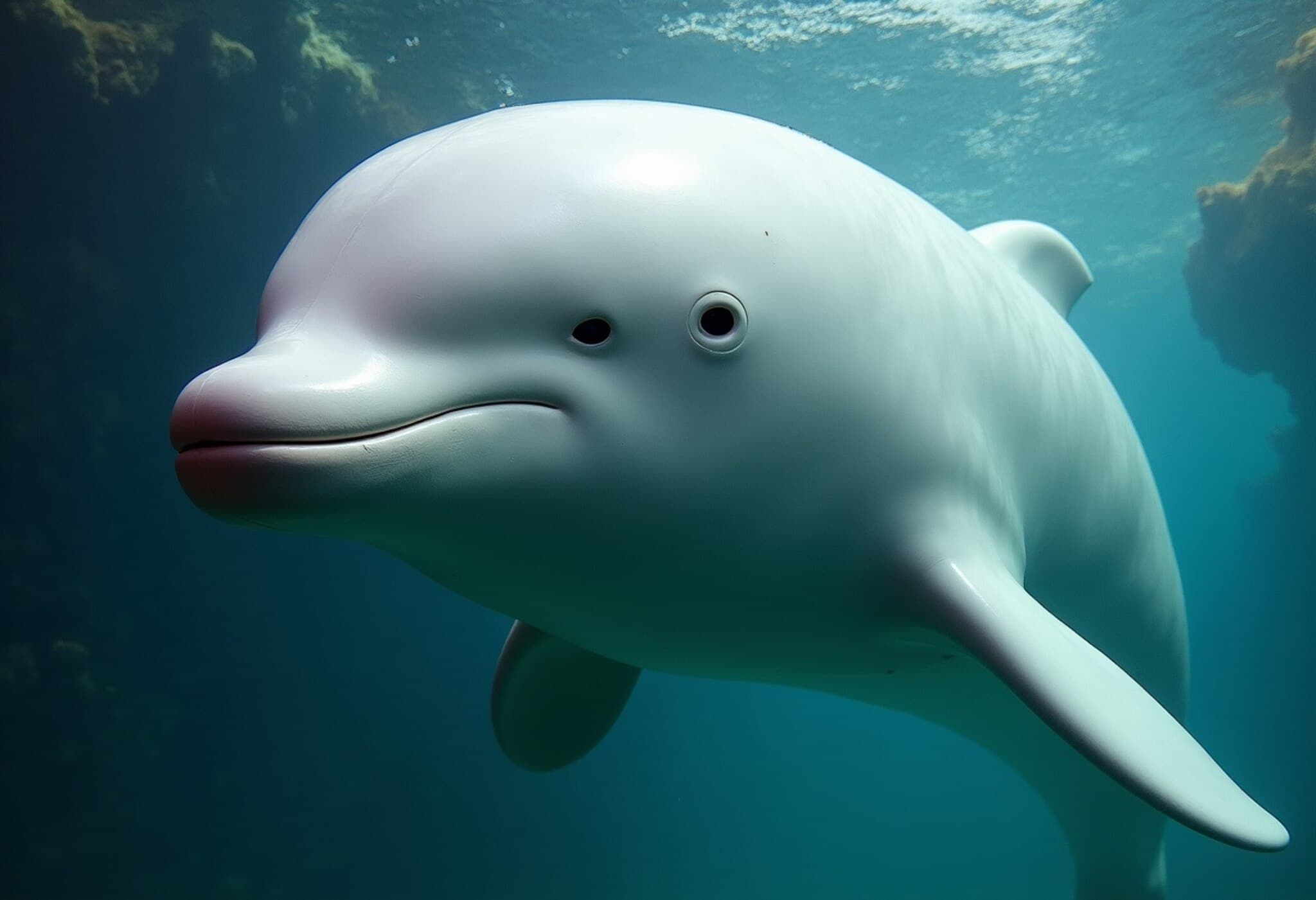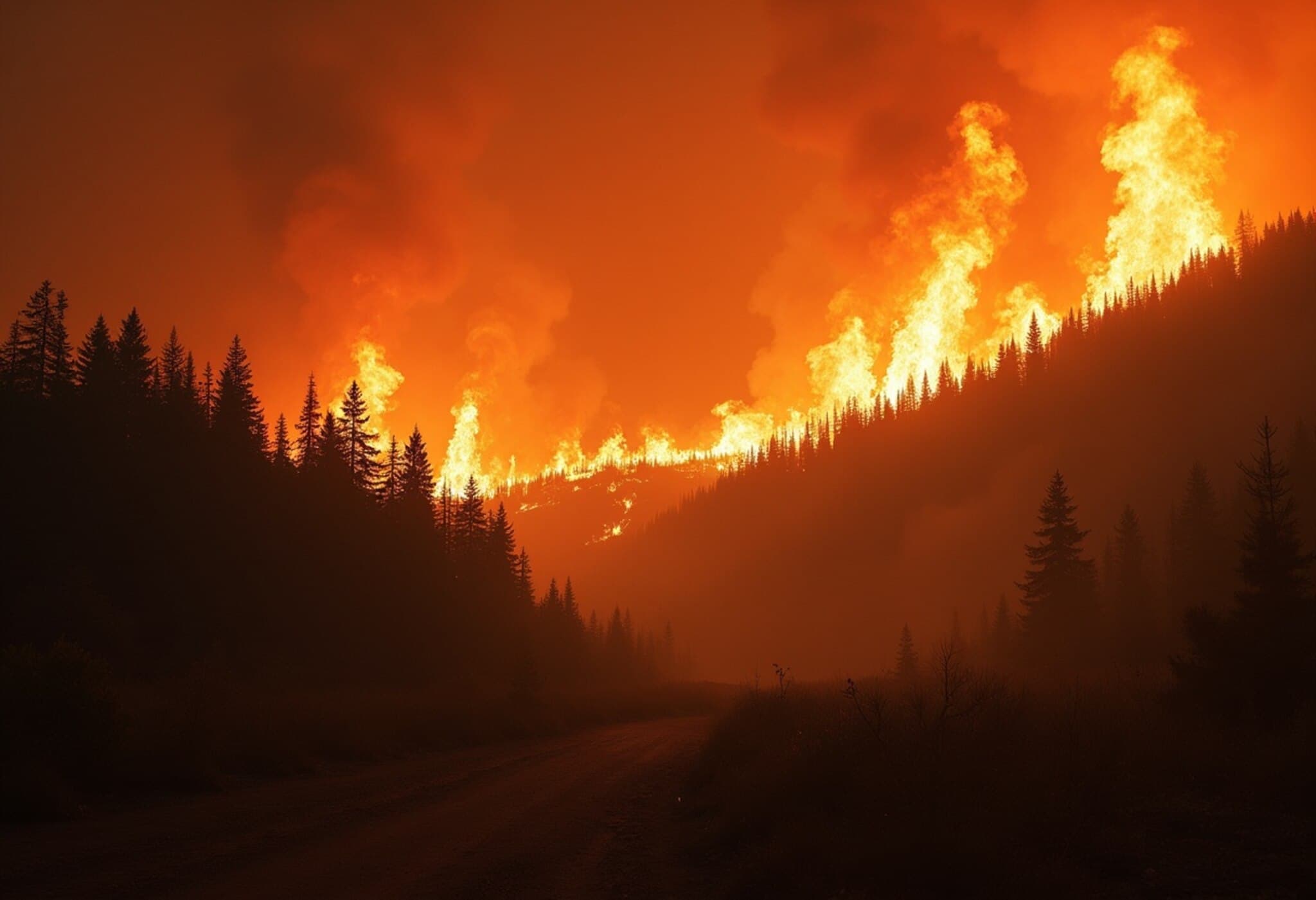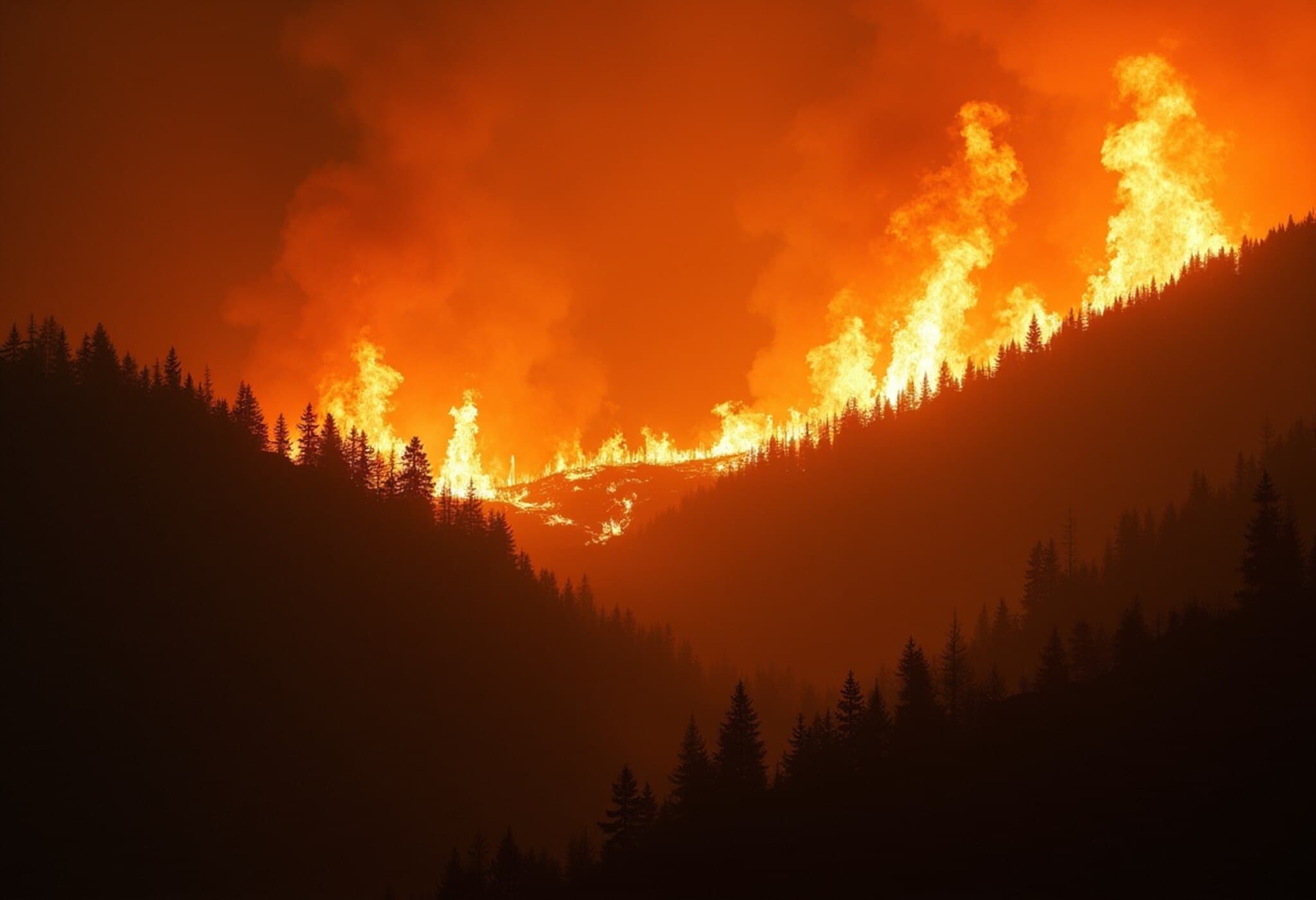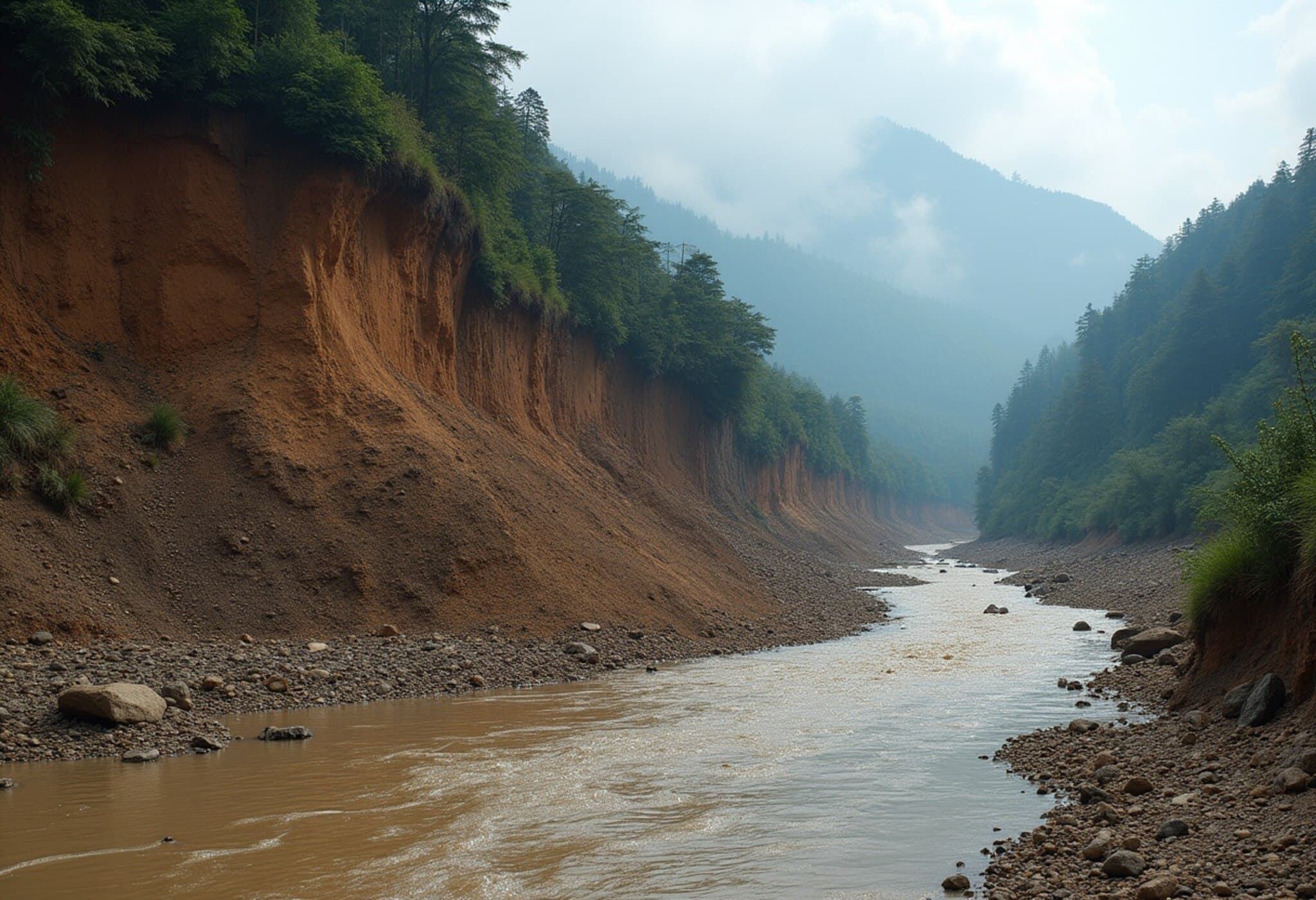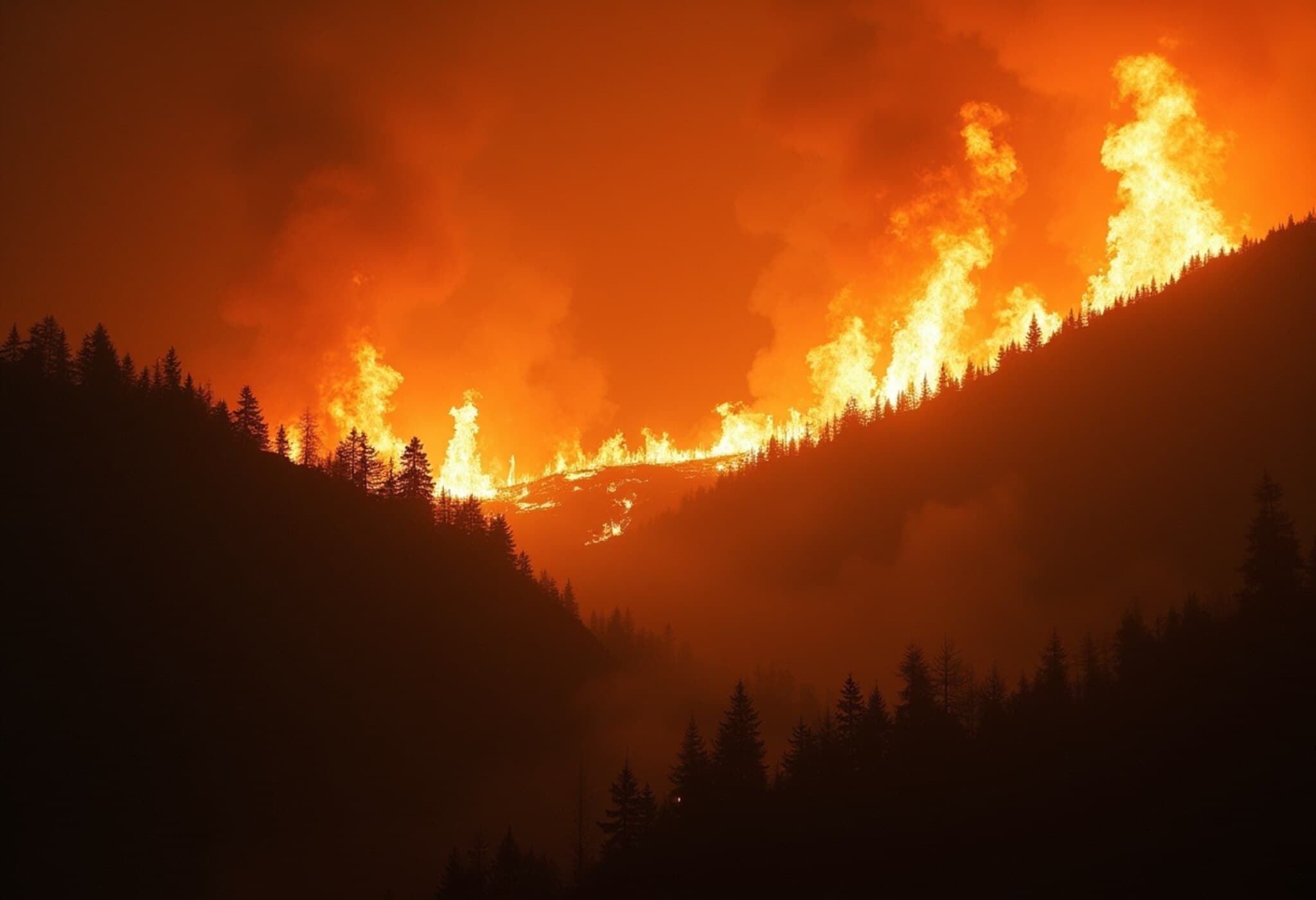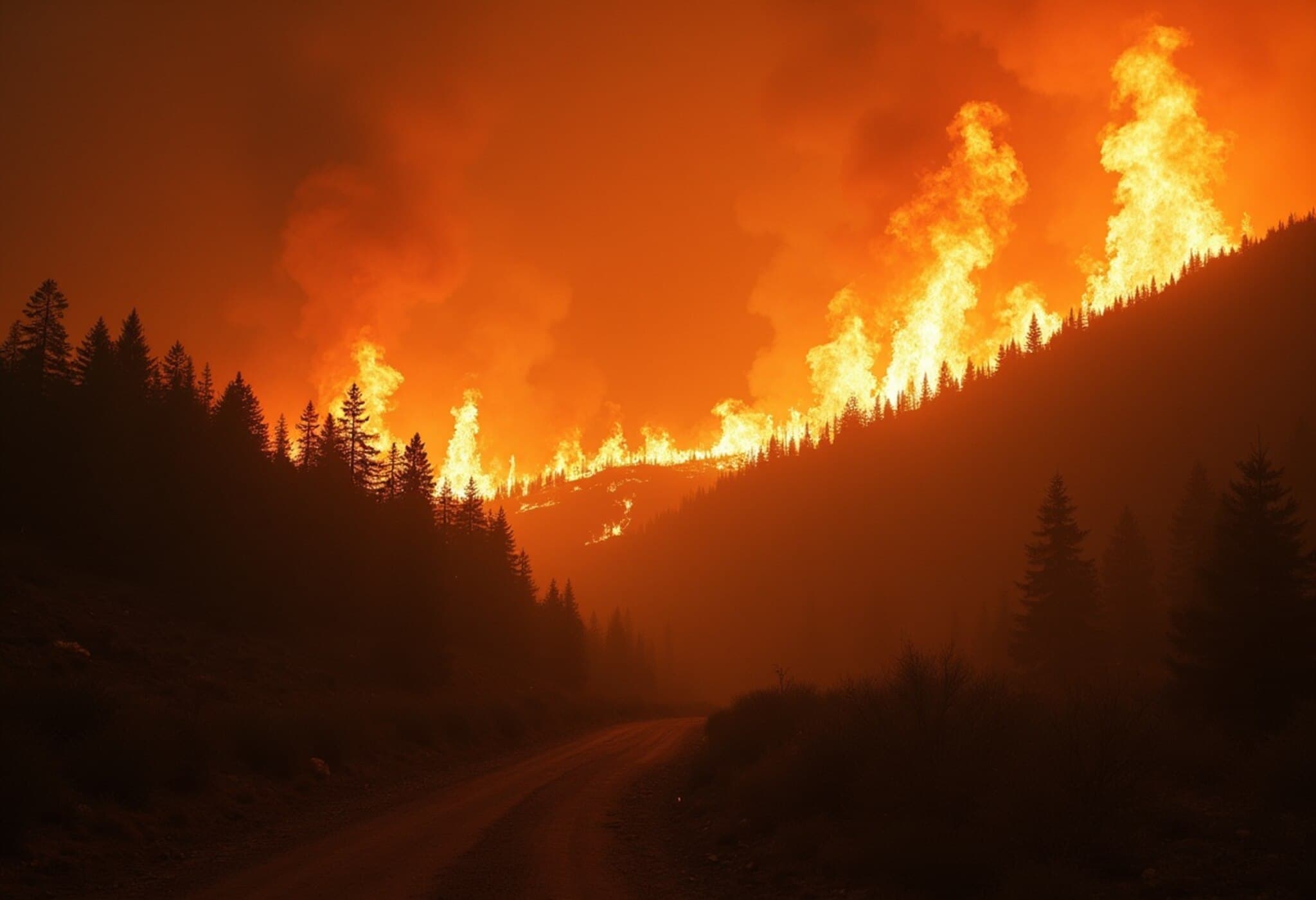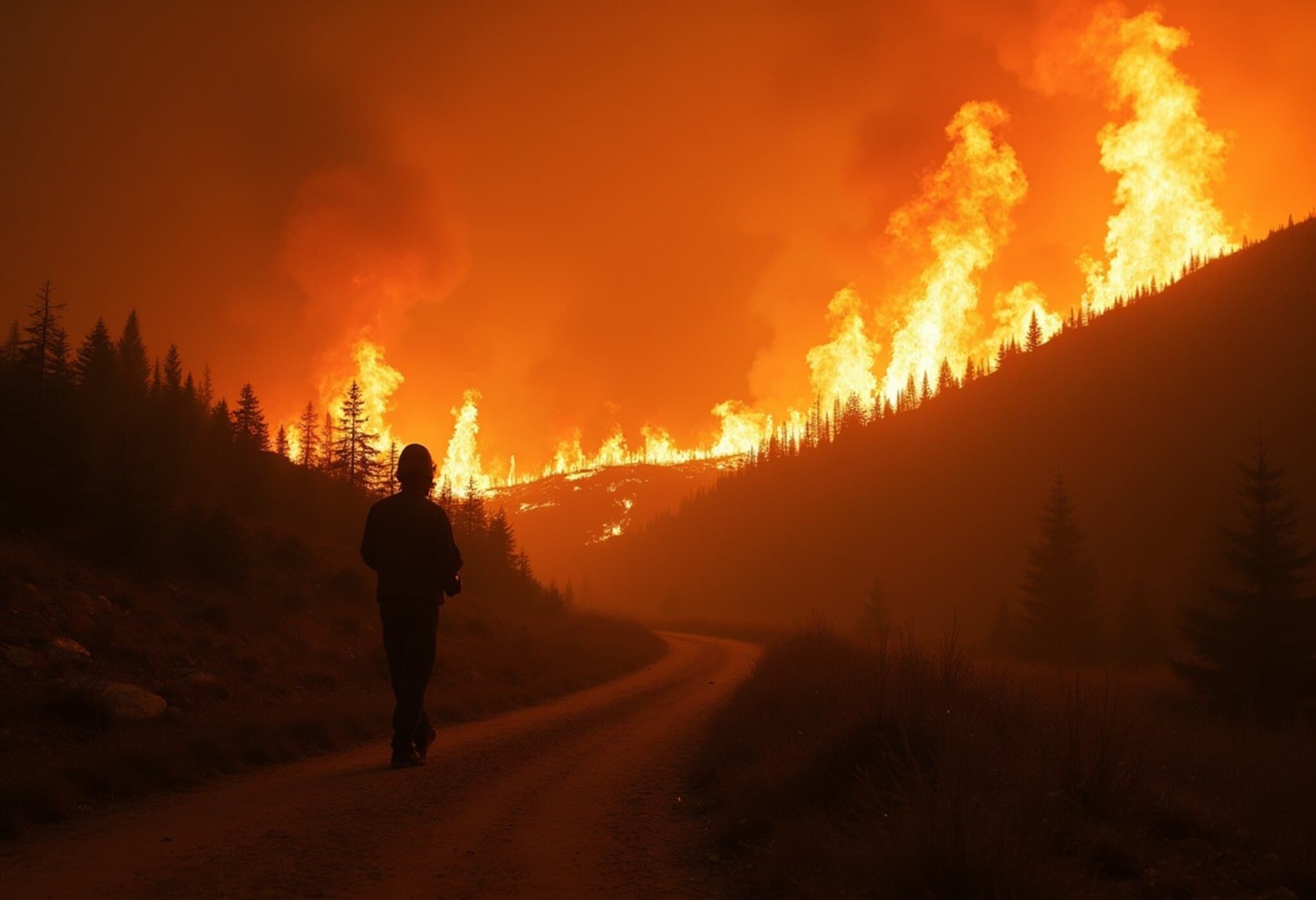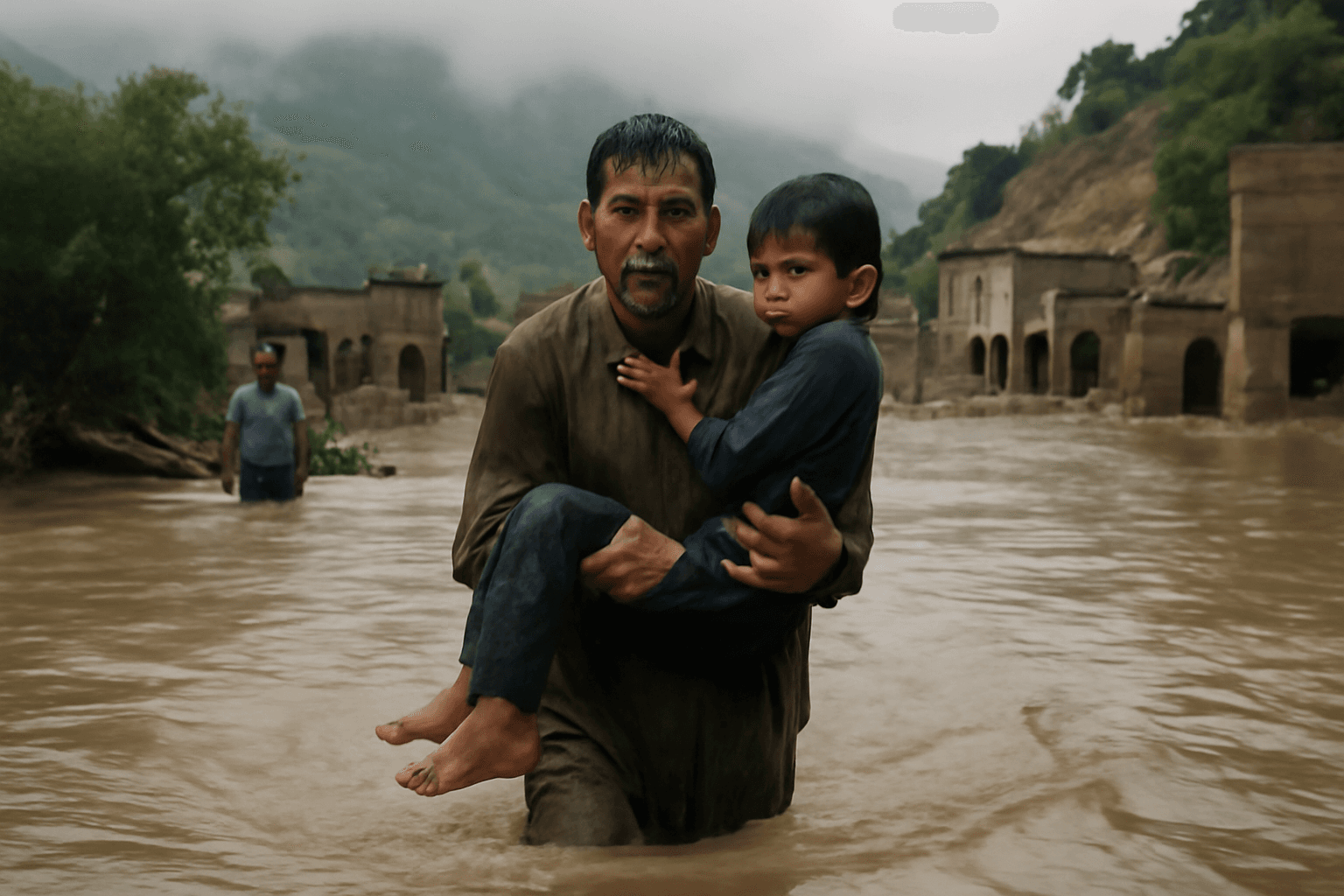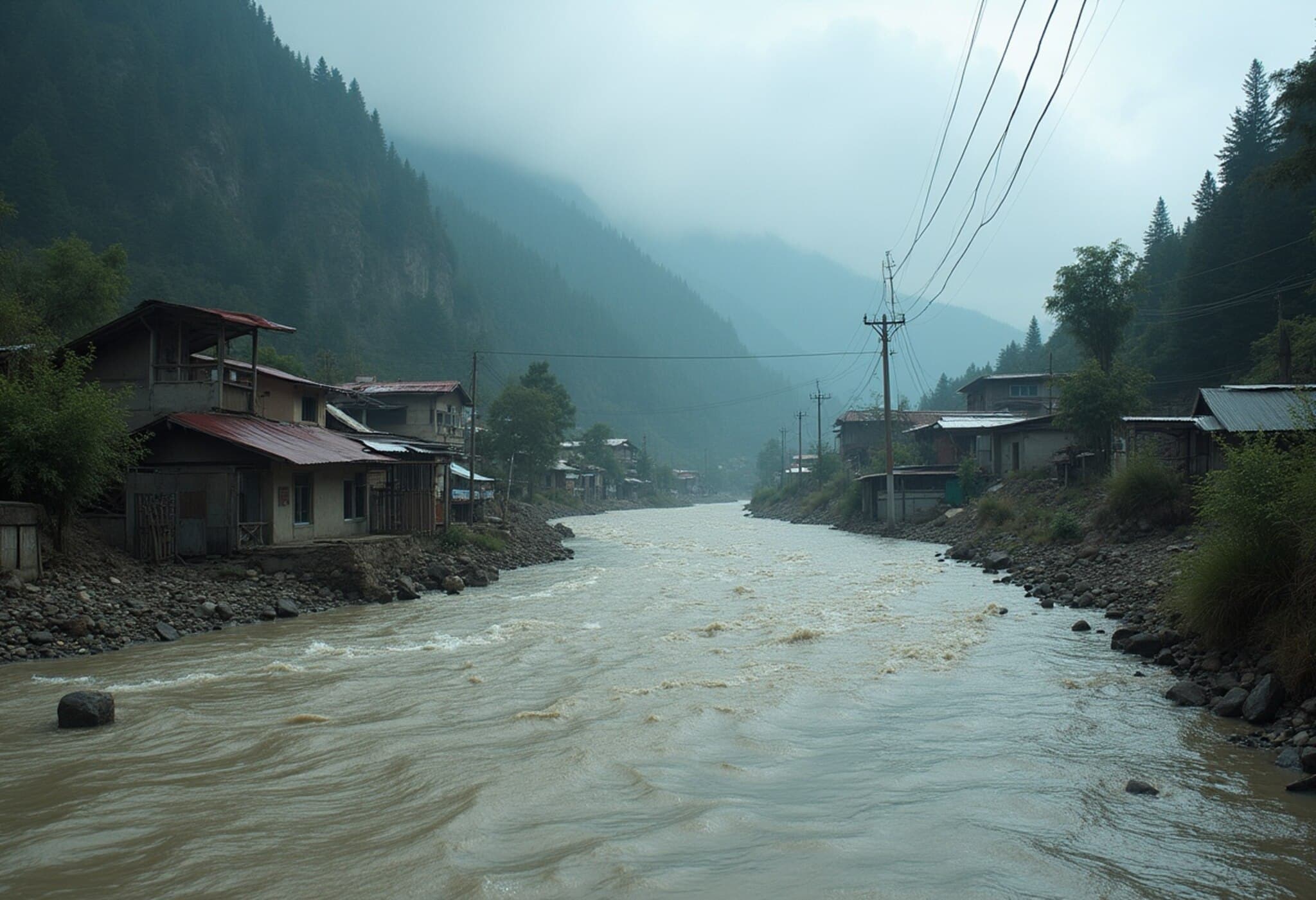Antarctic Krill Fishery Halted Early Amid Growing Environmental Concerns
The krill fishery near Antarctica has been closed ahead of schedule following a record-breaking catch that exceeded the established seasonal quota. This unprecedented early closure underscores rising pressures on a vital marine species facing growing threats from industrial fishing, climate change, and increased demand for its omega-3 oil.
The Cornerstone of Antarctic Marine Ecosystems
Krill, tiny shrimp-like crustaceans, are far more than just another ingredient in human supplements and pet food—they are foundational to the Southern Ocean's food chain. Serving as the primary diet for whales, seals, penguins, and myriad fish species, krill underpin Antarctica’s delicate ecological balance.
Experts warn that overfishing could disrupt this balance, threatening species that rely heavily on krill for survival. Additionally, krill contribute meaningfully to climate regulation; scientific studies estimate that these creatures sequester approximately 20 million tons of atmospheric carbon annually, an impact comparable to taking five million cars off the road.
Record Catches Prompt Early Closure
The Commission for the Conservation of Antarctic Marine Living Resources (CCAMLR)—the international body tasked with managing Antarctic fisheries—confirmed the closure of the 2024-25 krill fishery season earlier than planned. The fishery shut down after commercial trawlers caught over 620,000 metric tons of krill, surpassing the seasonal limit designed to protect the species and its ecosystem.
This marks the first time since monitoring began in 1973 that the quota was exceeded so significantly. The previous 2023-24 season itself saw a new high, with a record harvest of 498,350 tons from just 12 trawlers.
Management Challenges and Geopolitical Stalemate
The early closure also highlights mounting challenges within CCAMLR governance. Last year, attempts to approve a new and more sustainable krill fishing management plan hit a roadblock as member countries—including the US, Russia, and China—failed to reach consensus.
In the absence of updated regulations, industrial fishing fleets continued operations, even within ecologically sensitive regions inhabited by vulnerable species such as whales, penguins, and seals. Notably, some fishing grounds recorded a sharp 60% increase in krill catch compared to previous seasons, raising serious concerns about the sustainability of practices.
Environmental and Ethical Implications
- Whale entanglement incidents: With more aggressive trawling, there have been several troubling reports of whales becoming trapped or injured in fishing nets, underscoring the risks that unregulated fishing poses to marine megafauna.
- Climate impact: The dual role of krill as both key prey and significant carbon sink demonstrates the intricate link between biodiversity conservation and global climate mitigation efforts.
- Future demand pressures: The booming market for krill-derived omega-3 oils in nutraceuticals and pet food continues to put additional strain on wild populations.
Looking Ahead: Calls for Stronger Oversight and Innovation
Given the vital ecological role of krill and the rising threats they face, environmentalists and scientists urge CCAMLR and global stakeholders to accelerate efforts toward sustainable fisheries management. This includes:
- Implementing more adaptive and precautionary catch limits that balance ecosystem health with economic interests.
- Enhancing monitoring technologies to detect and prevent bycatch and ecosystem disruptions.
- Encouraging research into alternative sources of omega-3 oils to reduce dependency on wild krill stocks.
Failing to do so risks destabilizing not only Antarctic ecosystems but also jeopardizing global climate efforts interconnected with oceanic carbon cycles.
Expert Perspective
Dr. Lori Hanson, a marine ecologist specializing in polar ecosystems, notes: "The krill fishery is a classic example where ecological complexity meets geopolitical challenges. Effective conservation here demands an unprecedented level of international cooperation and respect for science-based limits. Otherwise, we risk tipping a delicate system with global ramifications.
Editor's Note
The early closure of the Antarctic krill fishery is more than a regulatory footnote—it signals urgent questions about how we manage natural resources critical to both biodiversity and climate balance. The story also reflects the broader tensions at the intersection of environmental stewardship and competing national interests.
As readers, it invites us to consider how consumer demand, global governance structures, and ecological health are inseparable in our shared planetary future.
Stay informed and engaged as this story unfolds.
(Content synthesized from reports by The Associated Press and international marine conservation sources.)

